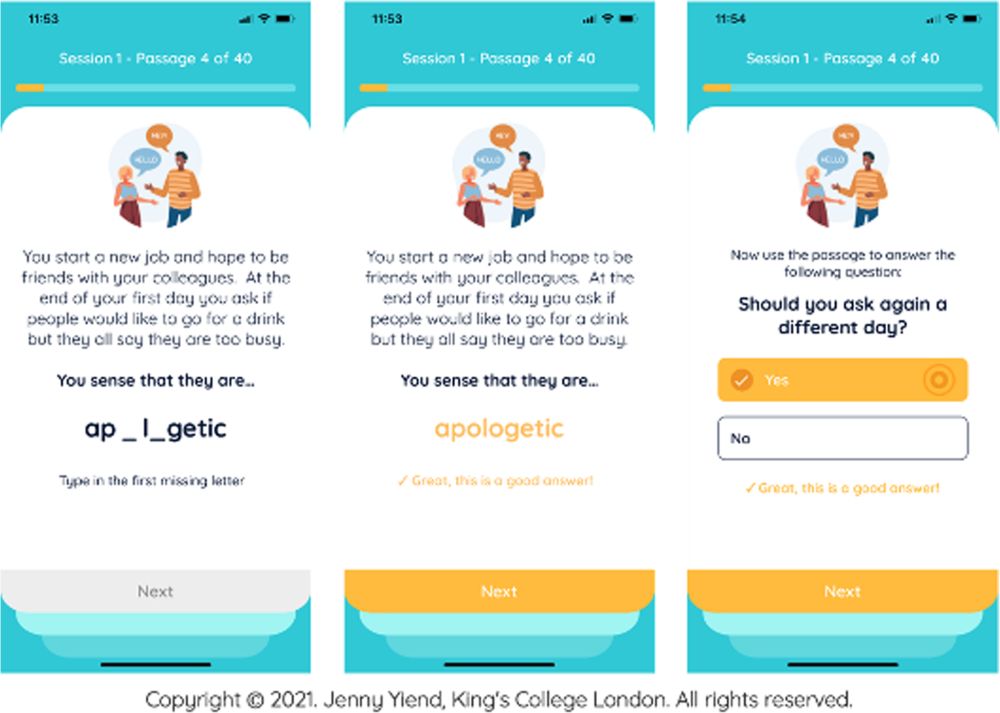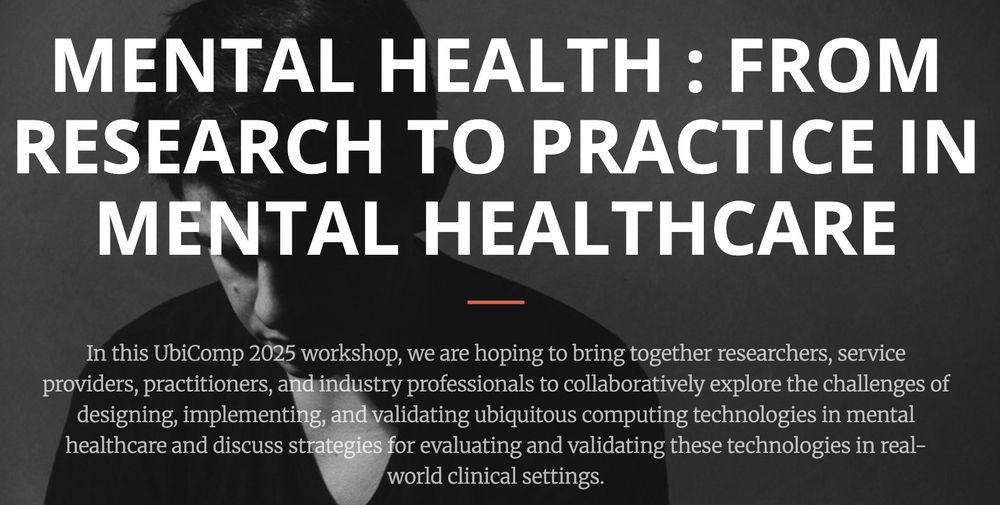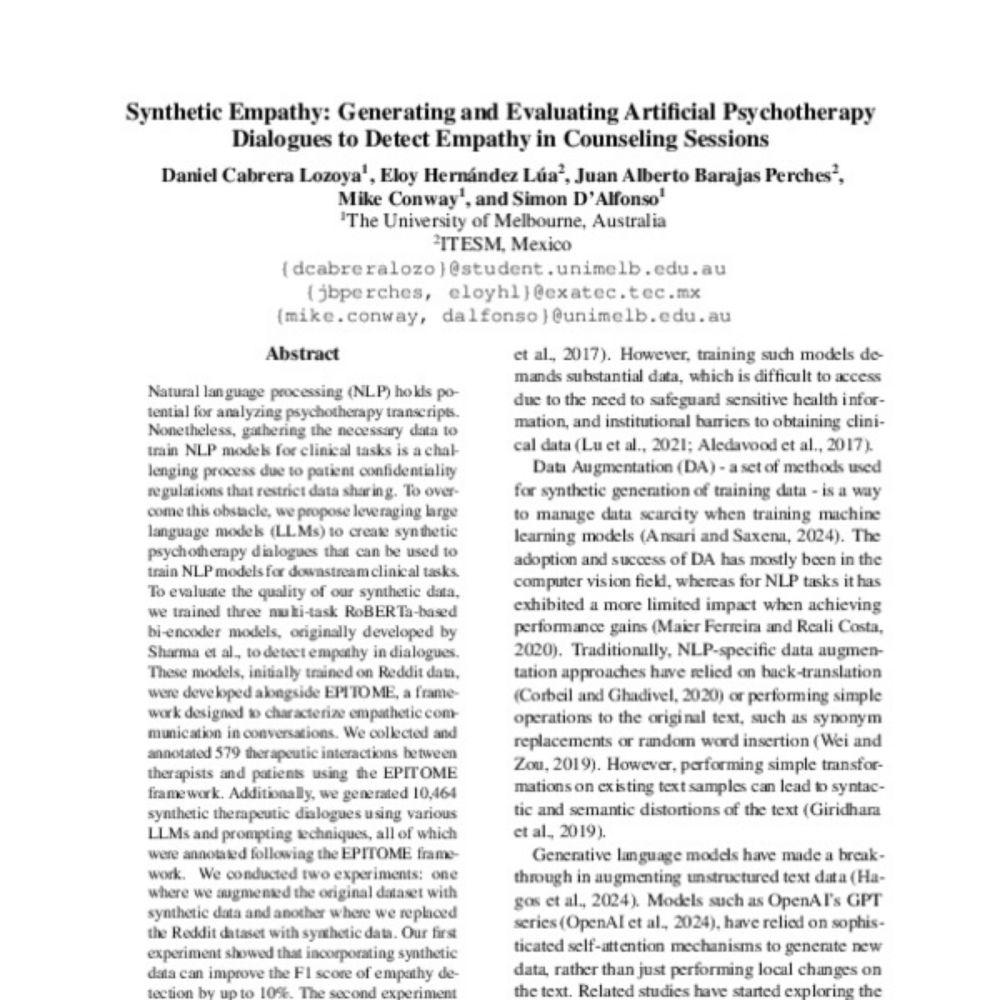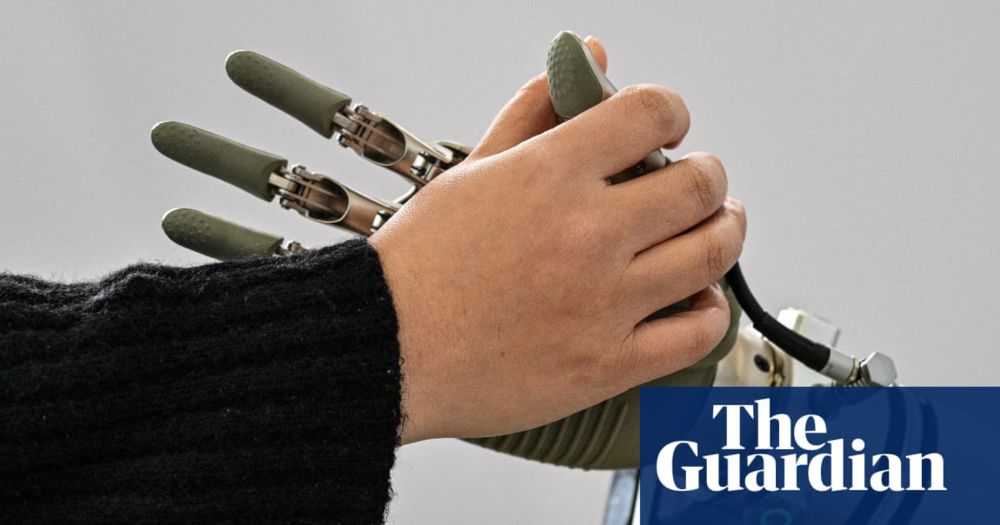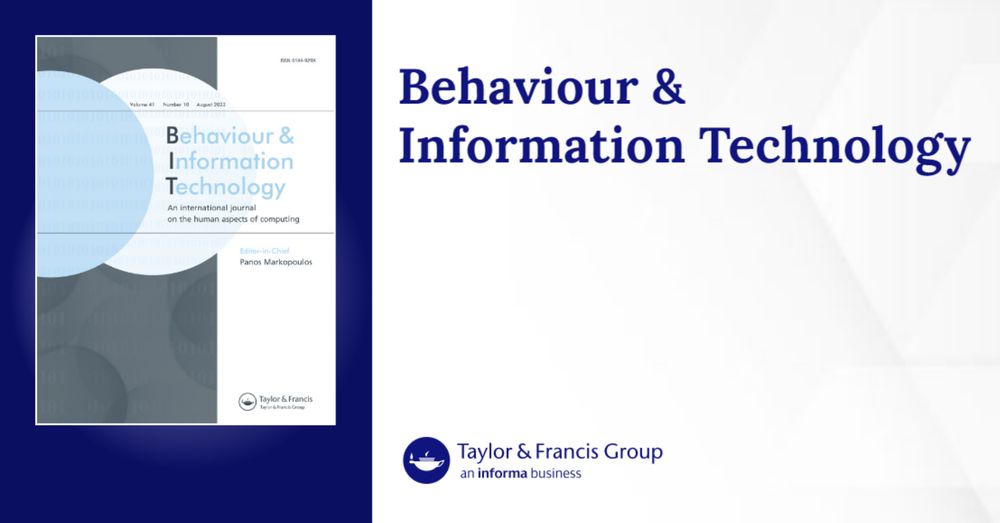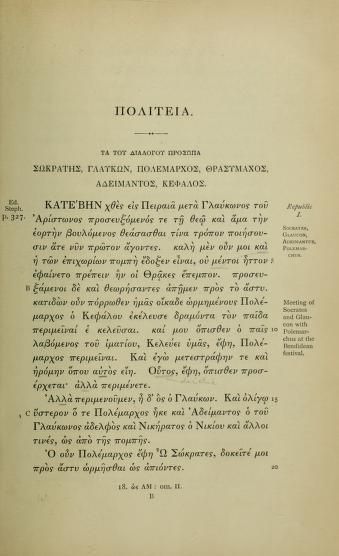Leveraging Large Language Models for Simulated Psychotherapy Client Interactions: Development and Usability Study of Client101
Background: In recent years large language models (LLMs) have shown remarkable ability to generate human-like text. One potential application of this capability is using LLMs to simulate clients in a mental health context. This research presents the development and evaluation of Client101, a web conversational. platform featuring LLM-driven chatbots designed to simulate mental health clients. Objective: Develop and test a web-based conversational psychotherapy training tool designed to closely resemble clients with mental health issues. Methods: We used GPT-4 and prompt engineering techniques to develop chatbots that simulate realistic client conversations. Two chatbots were created based on clinical vignette cases: one representing a person with depression and the other, a person with generalized anxiety disorder. 16 mental health professionals were instructed to conduct single sessions with the chatbots using a cognitive behavioral therapy framework; a total of 15 sessions with the anxiety chatbot and 14 with the depression chatbot were completed. After each session, participants completed an 18-question survey assessing the chatbot’s ability to simulate the mental health condition and its potential as a training tool. Additionally, we used the Linguistic Inquiry and Word Count (LIWC) tool to analyze the psycholinguistic features of the chatbot conversations related to anxiety and depression. These features were compared to those in a set of webchat psychotherapy sessions with human clients —42 sessions related to anxiety and 47 related to depression—using an independent samples t-test. Results: Participants' survey responses were predominantly positive regarding the chatbots' realism and portrayal of mental health conditions, with over 80% selecting either "strongly agree" or "agree" that the chatbots provided a realistic, engaging, coherent, and convincing narrative typical of clients with anxiety or depression. The statistical analysis of LIWC psycholinguistic features revealed significant differences between chatbot and human therapy transcripts for 3 of 8 anxiety-related features: Negations (t(56)=4.03, P=.001), Family (t(56)=-8.62, P=.001), and Negative Emotions (t(56)=-3.91, P=.002). The remaining 5 features—Sadness, Personal Pronouns, Present Focus, Social, and Anger—did not show significant differences. For depression-related features, 4 out of 9 showed significant differences: Negative Emotions (t(60)=-3.84, P=.003), Feeling (t(60)=-6.40, P< .001), Health (t(60)=-4.13, P=.001), and Illness (t(60)=-5.52, P



